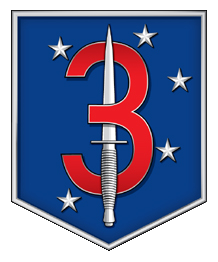NEWS
- In Universe Dateline: September 30th 2024
- Mr. Harrea's house crushed by falling debris in Venezuelan Space Program accident
- S4 server team member slips on carpal tunnel braces with the calm of a soldier prepared to die in battle
- SUG Rebels gain legitimacy in Venezuela following several successful offensives
- Skirmishes along Afghanistan-Pakistan border raises concerns about new flare up in the region
- Malden defense forces intercept massive shipment of weapons and narcotics from Libya
- Florida dad spends retirement untangling big mess of wires
- Livonian parliament passes reunification law, US and Polish troops plan staged withdrawal
- Man claims he was acting under Taylor Swift's secret orders after being arrested at NATO summit
- THESE HEADLINES ARE WORKS OF FICTION INTENDED TO SUPPORT THE STORYLINES OF THE 3d MRB REALISM UNIT
